Since the 16th century, the Philippines has experienced a long struggle against colonialism. Through the years, Filipino people have developed a distorted way of defining their national pride and identity. Enthralled by the perceptions of foreigners, the desire to be featured in international media coverage has shaped the famous expression known as “Pinoy/Filipino Pride.”
Since the 16th century, the Philippines has experienced a long struggle against colonialism. Through the years, Filipino people have developed a distorted way of defining their national pride and identity. Enthralled by the perceptions of foreigners, the desire to be featured in international media coverage has shaped the famous expression known as “Pinoy/Filipino Pride.”
Since the 16th century, the Philippines has experienced a long struggle against colonialism. Through the years, Filipino people have developed a distorted way of defining their national pride and identity. Enthralled by the perceptions of foreigners, the desire to be featured in international media coverage has shaped the famous expression known as “Pinoy/Filipino Pride.”
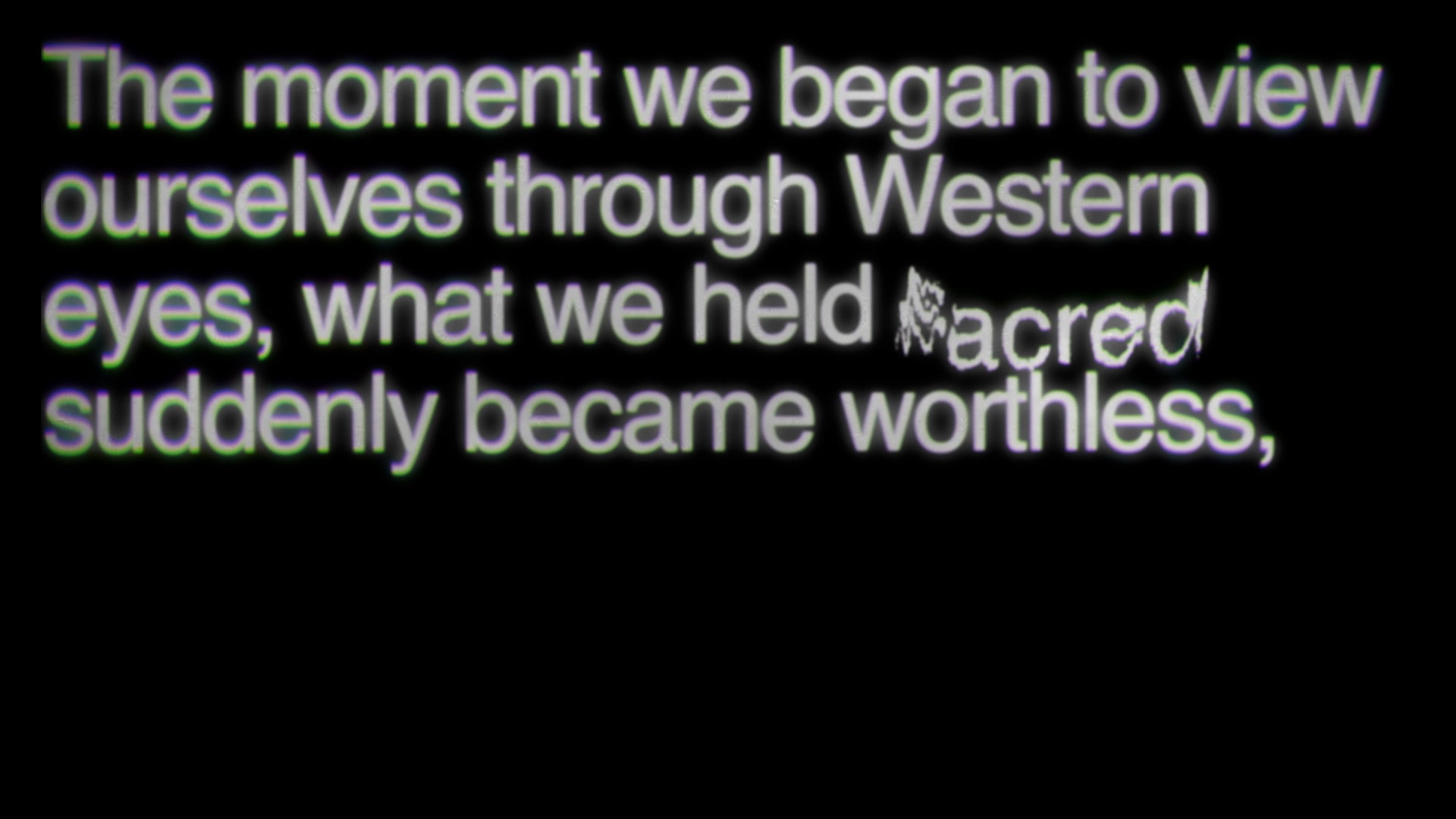
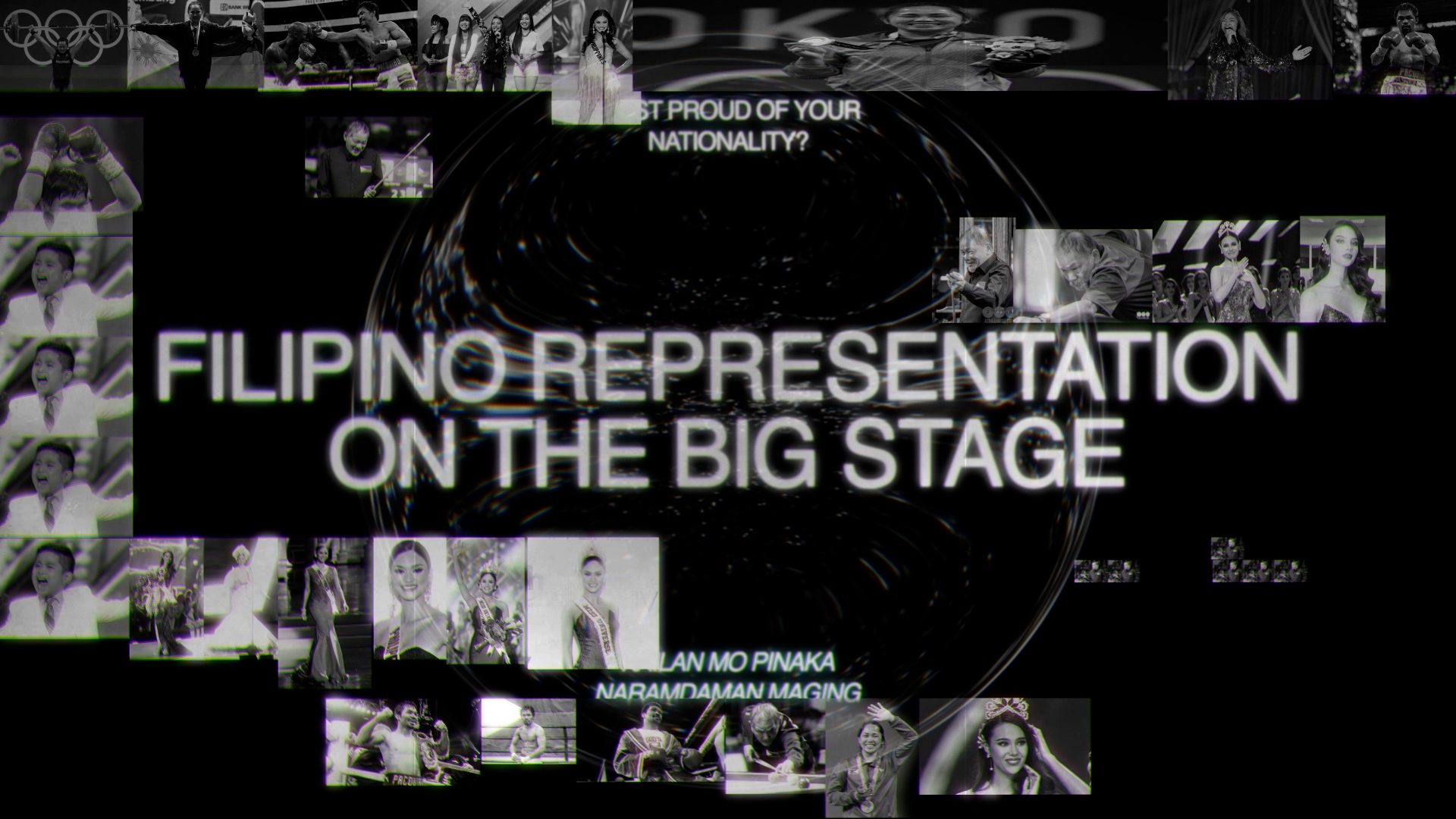

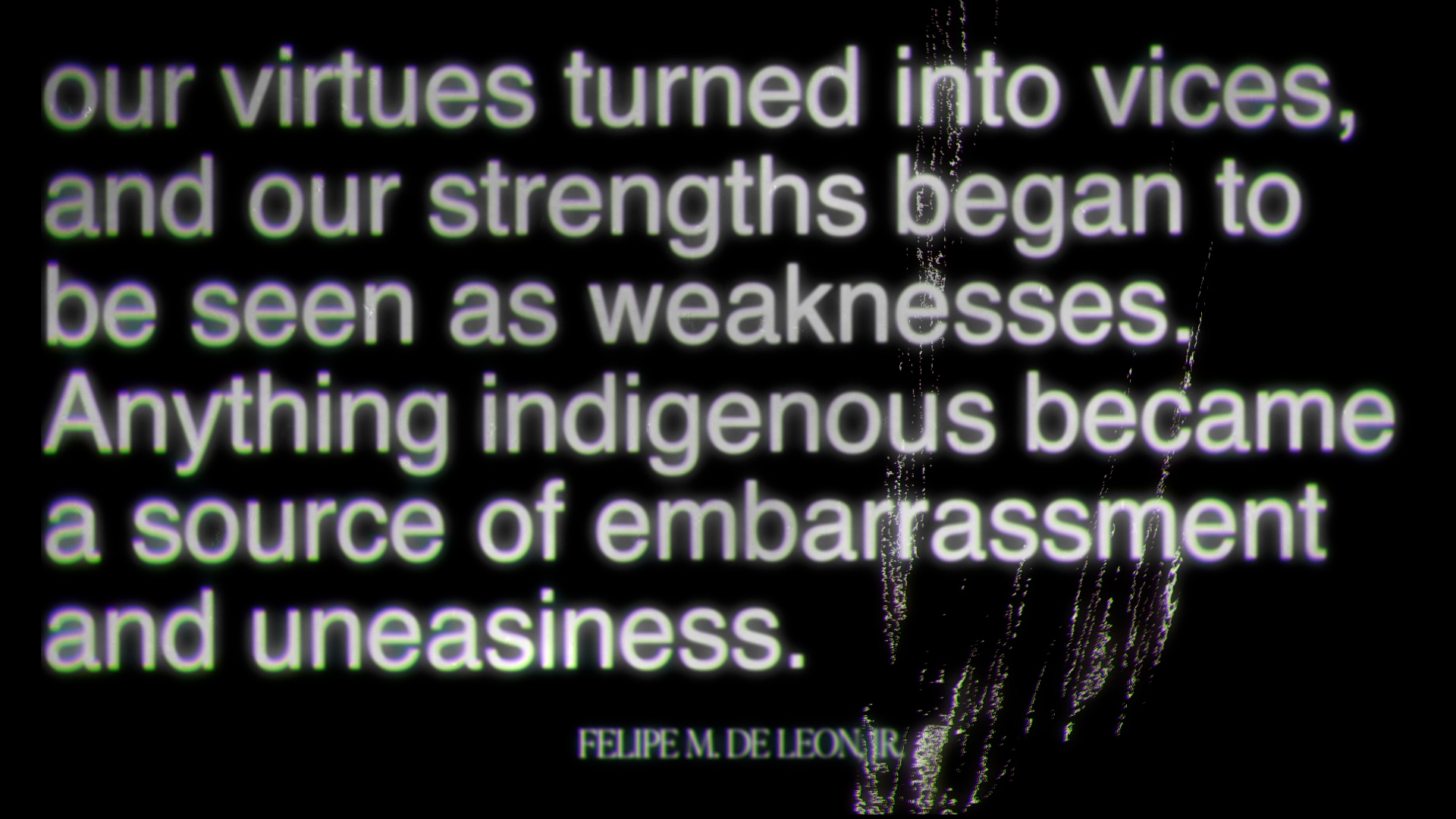


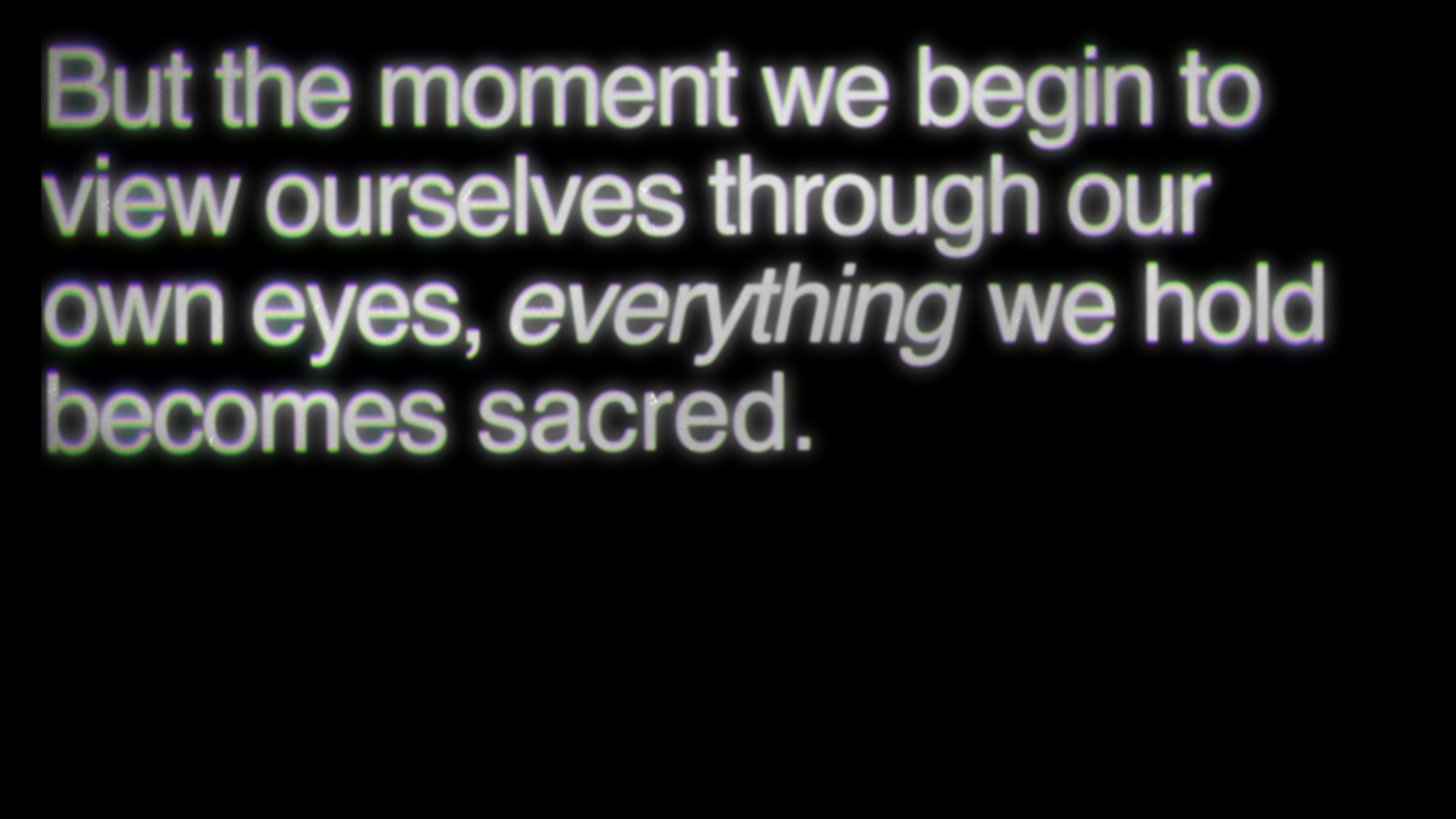
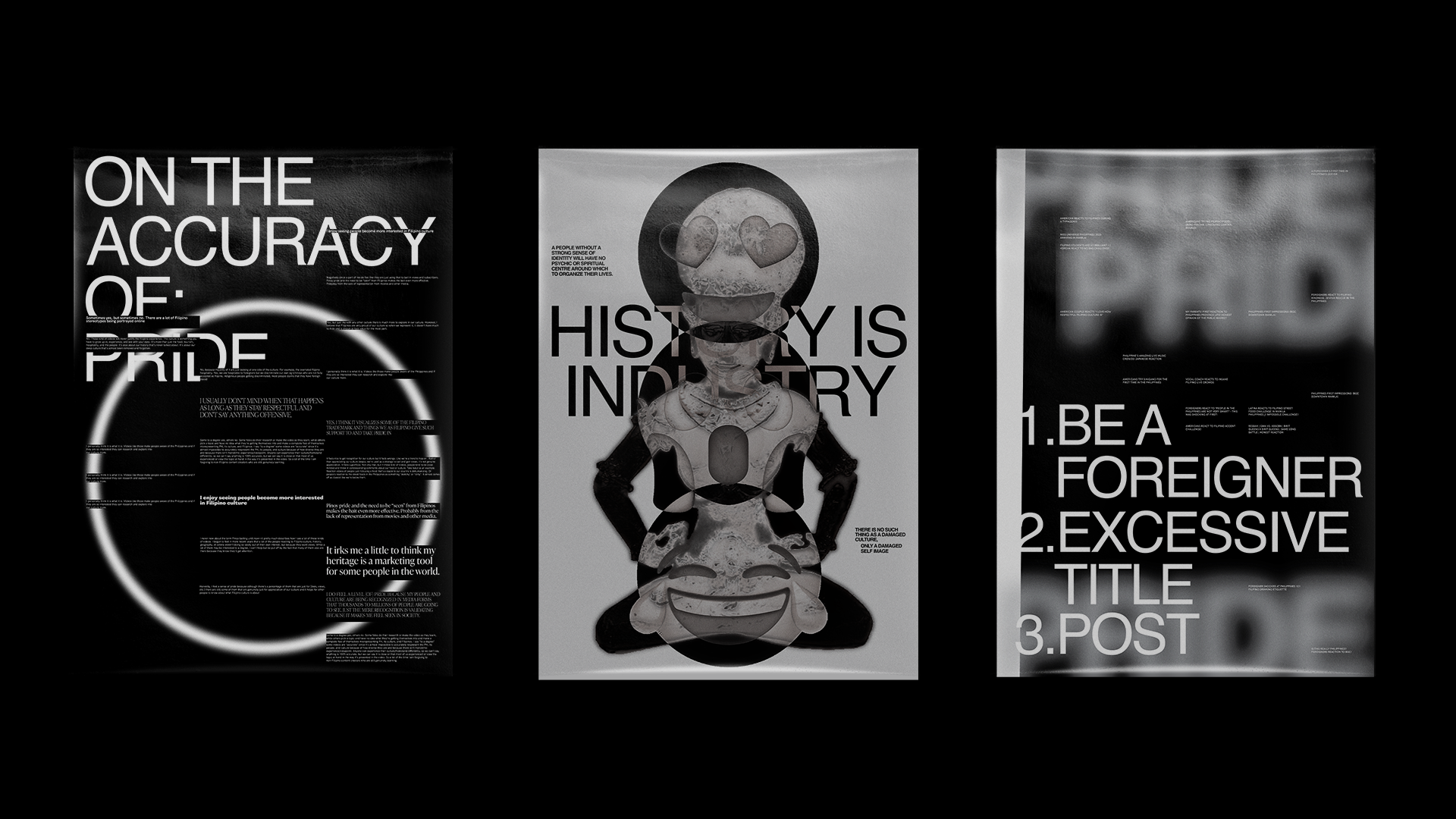
















This thesis project aims to achieve two objectives: (1) to expose and counter the monetization of Filipino culture; and (2) to define Filipino identity and pride from our own perspective.
This thesis project aims to achieve two objectives: (1) to expose and counter the monetization of Filipino culture; and (2) to define Filipino identity and pride from our own perspective.
This thesis project aims to achieve two objectives: (1) to expose and counter the monetization of Filipino culture; and (2) to define Filipino identity and pride from our own perspective.